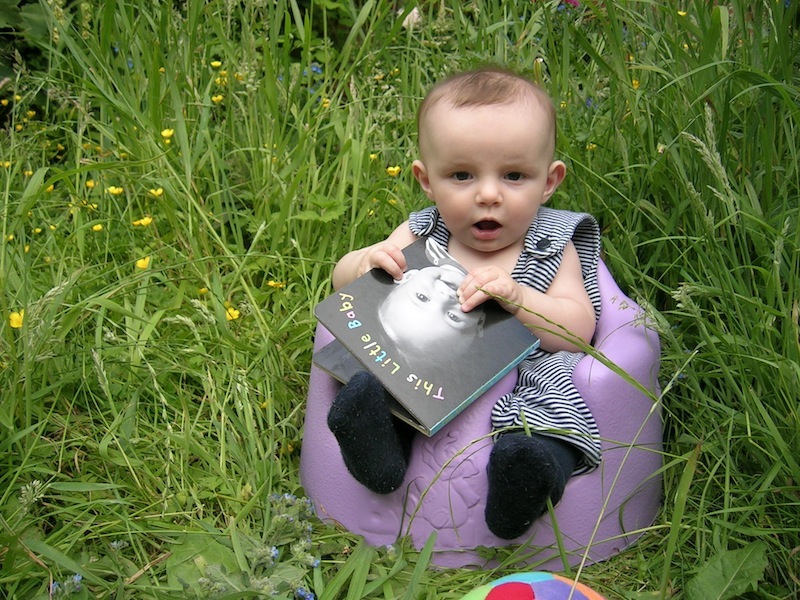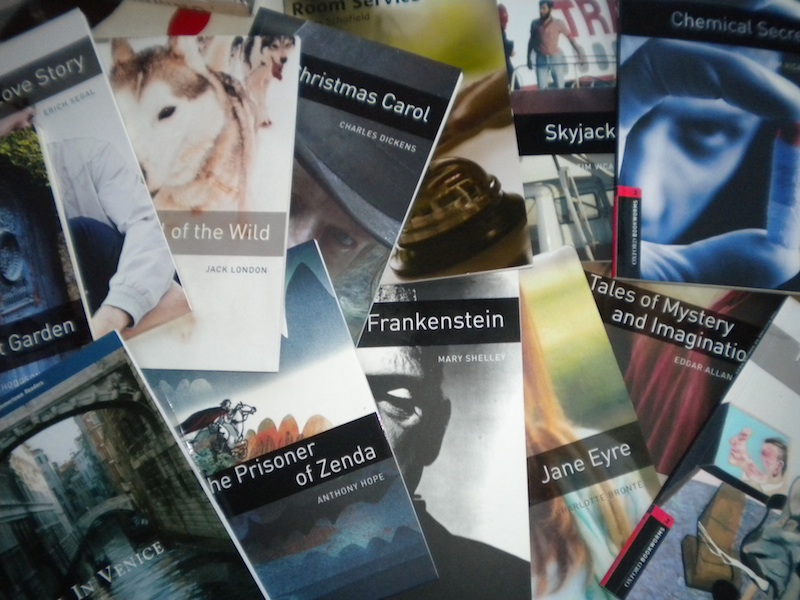Literature Circles
in Children, Effective Thinking, Learner Autonomy, Reading, TeenagersCPD Course 5:: Teaching English through Literature
in CPD - Continuing Professional Development, Poetry, ReadingCPD Course 4: How to use Graded Readers in the English Language Classroom
in CPD - Continuing Professional Development, ReadingThe Inner Voice
in Poetry, Presentations, Pronunciation, Reading, TeachingThis phrase has come up a few times recently in different contexts and it’s one I’m interested in: a language teacher, you’d be forgiven for presuming, would tend to concentrate on the ‘outer’ voice. Read more
This is just to say… William Carlos Williams
in Language Play, Poetry, Pronunciation, Reading
This Is Just To Say
Reading Aloud
in ReadingDoing presentations with the pre-sessional students is difficult online. For an in-person presentation we could check the students’ notes. Online there is a greater temptation for students to read from a script. Read more
Academic Reading Circles (ARC)
in EAP - English for Academic Purposes, ReadingThis year we’ve started using Academic Reading Circles. They’ve really worked. Not just in training students to read texts more carefully but in giving them the opportunity to participate in seminar-type discussion afterwards. The students really enjoy them. Read more
Reading with Children
in Children, Reading, Vocabulary acquisition Everyone knows the benefits of reading to babies and toddlers, right? Health visitors hand out Bookstart packs in the UK almost as soon as your child is born, libraries run all-singing, all-dancing, glue & glitter sessions for families; Dolly Parton posts books monthly to children in the UK, the US, Canada and Australia. And the results from research is overwhelming: a child is never too young for a book. Read more
Everyone knows the benefits of reading to babies and toddlers, right? Health visitors hand out Bookstart packs in the UK almost as soon as your child is born, libraries run all-singing, all-dancing, glue & glitter sessions for families; Dolly Parton posts books monthly to children in the UK, the US, Canada and Australia. And the results from research is overwhelming: a child is never too young for a book. Read more
EFL Extensive Reading
in Reading, Vocabulary acquisition In EFL we talk about two types of reading Extensive Reading and Intensive Reading. Intensive reading is what usually happens in the classroom: reading to answer comprehension questions or to teach ‘reading skills’ such as skimming and scanning. Extensive reading is reading for pleasure, often fiction at around or just below a learner’s language level. Ideally extensive reading texts should be 98% known vocabulary.
In EFL we talk about two types of reading Extensive Reading and Intensive Reading. Intensive reading is what usually happens in the classroom: reading to answer comprehension questions or to teach ‘reading skills’ such as skimming and scanning. Extensive reading is reading for pleasure, often fiction at around or just below a learner’s language level. Ideally extensive reading texts should be 98% known vocabulary.
Read more










